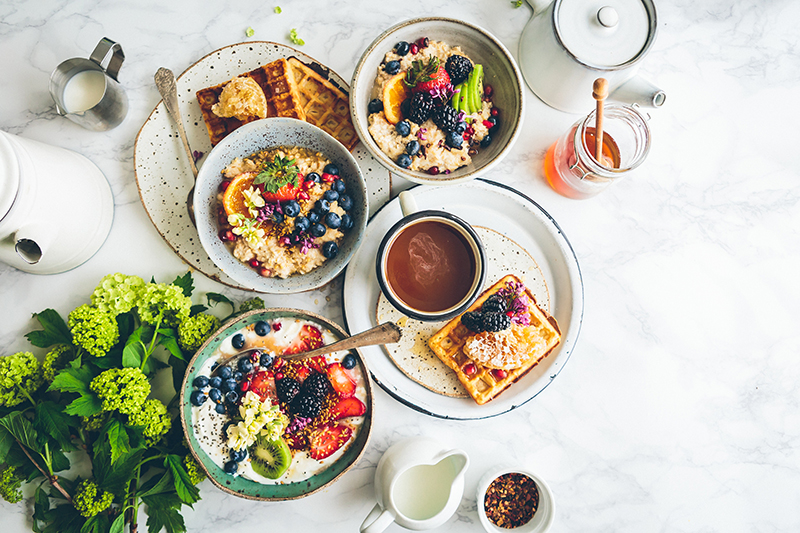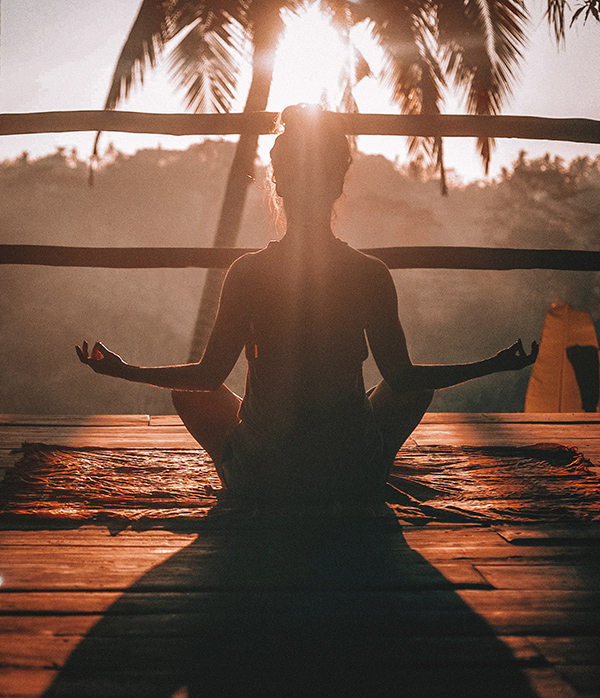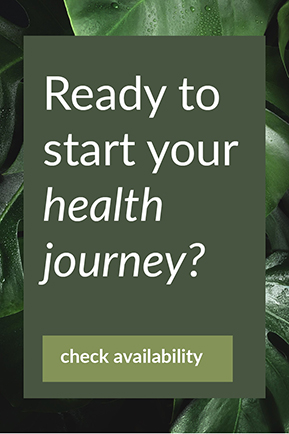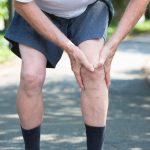Saying that it’s a thought-provoking time for all of us right now is an understatement.
COVID-19 is a highly contagious, fast-mutating, dangerous virus which our immune system knows little about due to never being exposed to it before.
This means that we are in a holding pattern for a while until we create antibodies to improve our resilience whilst at the same time reducing the burden on our health system as they assist those amongst us that are more at risk. Abiding my government requests to distance ourselves from others, wash our hands regularly and “keep hands off face” has never been more important.
How long will we be in social-distancing mode?
In a nutshell, we still don’t really know how long social distancing and “staying at home” will be a requirement. The government is doing everything they can so that as many of us as possible can just hold on tight, waiting it out, going back to the basics in life, simplifying things as best we can so that we come out the other side with the same roof over our heads, our jobs protected and our health intact.
This is what most of us are hoping for anyway.
Sadly, some of us may lose some of these precious things for a while. I don’t know anyone that feels safe and secure right now as we are all vulnerable.
Yes, we are in challenging times indeed. I can only imagine that this uncertainty was what it was like in times of war….a different war that is.
There are positives to COVID-19
I remember reading a quote from the Dalai Lama once which has never left my mind – “Don’t miss the gift in the tragedy”.
What gift I hear you say? How can there be gifts at a time like this?
As a naturopath, I see some benefits or a silver-lining from this situation whilst also feeling incredible sadness for those that will truly suffer at this time.
For many of us, being forced to spend time at home means more solitude, a chance to stay still for a change, being content with the basics in life such as a morning walk for exercise in less pollution, whilst feeling the warmth of sunshine on our skin, spending more time with our children or animals, not having to travel to work, wearing comfy clothes on a workday and being able to give more time to sleep.
Our immune systems need to be as strong as ever right now – that is a fact!
So, use this time wisely whilst you are at home by supporting and nurturing your immune system and using this time to improve overall health.
How you can support your immune system
My blog series on immune support will provide more detailed information, however some easy home commitments to include in your daily routine should be as follows:
Nourish your body with home cooked meals
The immune system relies on essential nutrients to function. This is a huge subject and why in naturopathy, the saying “let food be your medicine” is our key message.

Some important points to remember each and every day are:
- eat whole-foods,
- ensure adequate protein,
- eat multiple servings of fruits and vegetables in a variety of colours,
- eat healthy fats,
- eat fermented foods to support your gut microbiome and add herbs and spices such as garlic, thyme and oregano which have natural antimicrobial properties.
My blog on nutritional advice to support immune resilience may offer further insights.
Commit to quality sleep
You might be surprised to know that the resilience of your immune system is reduced when you don’t get enough sleep.
A very close and bidirectional relationship exists between sleep and the immune system with studies showing that even one night’s lack of sleep can reduce immune resilience.
Most of us need between seven and nine hours of uninterrupted sleep a night. Is this what you are getting? Use the time you are saving by not travelling to work and get more sleep. Read my blog on supporting your immune system with sleep for a more detailed understanding.
Don’t binge on sugar & processed carbohydrates
I know a lot of us are experiencing some boredom right now and it is very easy to reach for the lollies, ice-cream, chips and wine as a source of enjoyment.
Treat yourself one day on the weekend or less and be careful not to have these things daily as the health of your immune function may be impacted.
Studies highlight that sugars & processed carbohydrates can suppress your immune system for hours after you consume them. These types of highly processed foods, as well as alcohol, spike blood sugar levels which can weaken your immune system defences.
Reducing processed foods and sugar will help your immune system function better. Drinking too much alcohol also lowers immunity and harms the good gut bacteria involved in regulating immune function, so moderation is important.
Exercise in the sun
At this stage, exercising outside at an acceptable distance from others is recommended which is great news as mild to moderate exercise for approximately 30-45 minutes, helps boost your immune system.
Mild to moderate exercise also increases mood and sleep quality – which both contribute to a strong immune system.

Vitamin D is critical as it regulates and improves your immune response and whilst it is available in small amounts in some foods, it is the sunshine that gives us what we need.
Manage stress
The stress of what is happening right now with COVID-19 can suppress your immune response. So, do whatever it takes each day to rest and relax. This may include yoga or meditation, having a relaxing bubble bath, walking the dog, reading a book, talking on the phone to an old friend or listening to your favourite music. Dancing with your children indoors is also a great way for the whole family to release and spend time together. Ensure you make stress relief a priority.
Seek support
Taking care of your overall health and seeking guidance on how to best support your immunity will ensure you maintain a high quality of life. We are currently offering Acute Immune Support through online consultations for just $50 per 30-minute session in order to assist clients requiring personalised advice.
This blog contains information from my experience as a naturopath, education via Bachelor of Health Science Degree and continued research. This blog is not intended to provide individual health recommendations.










